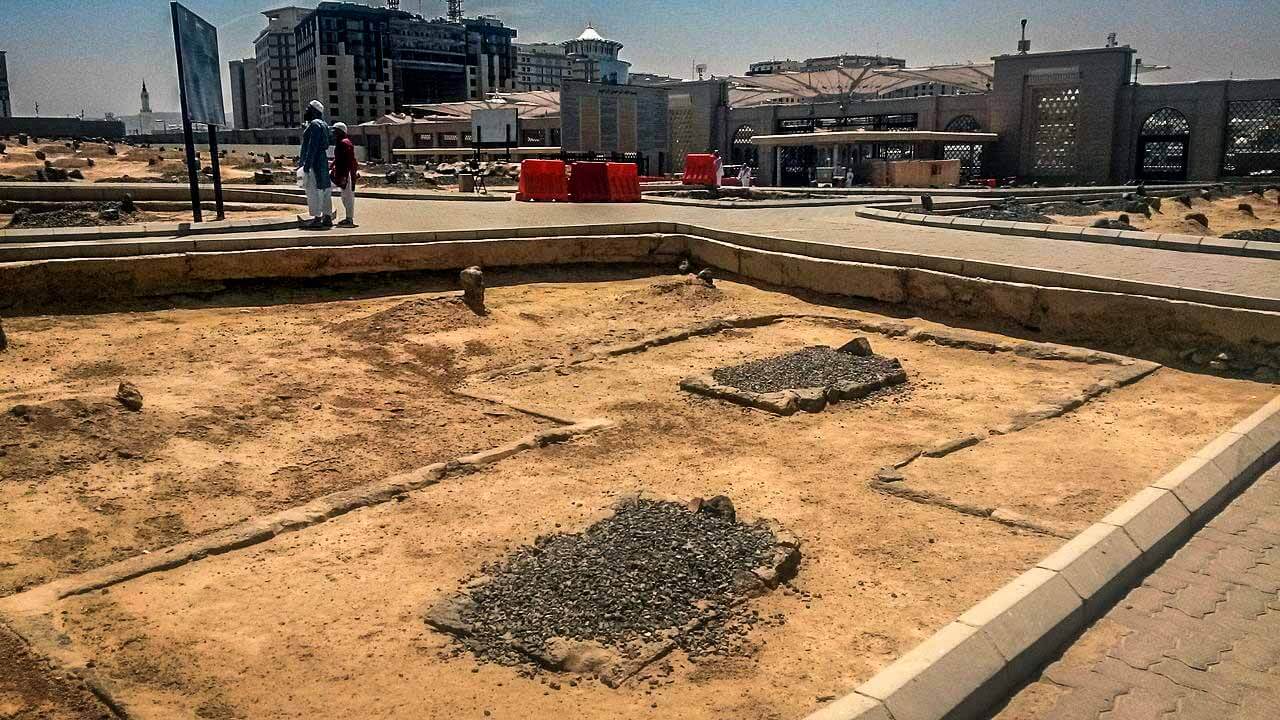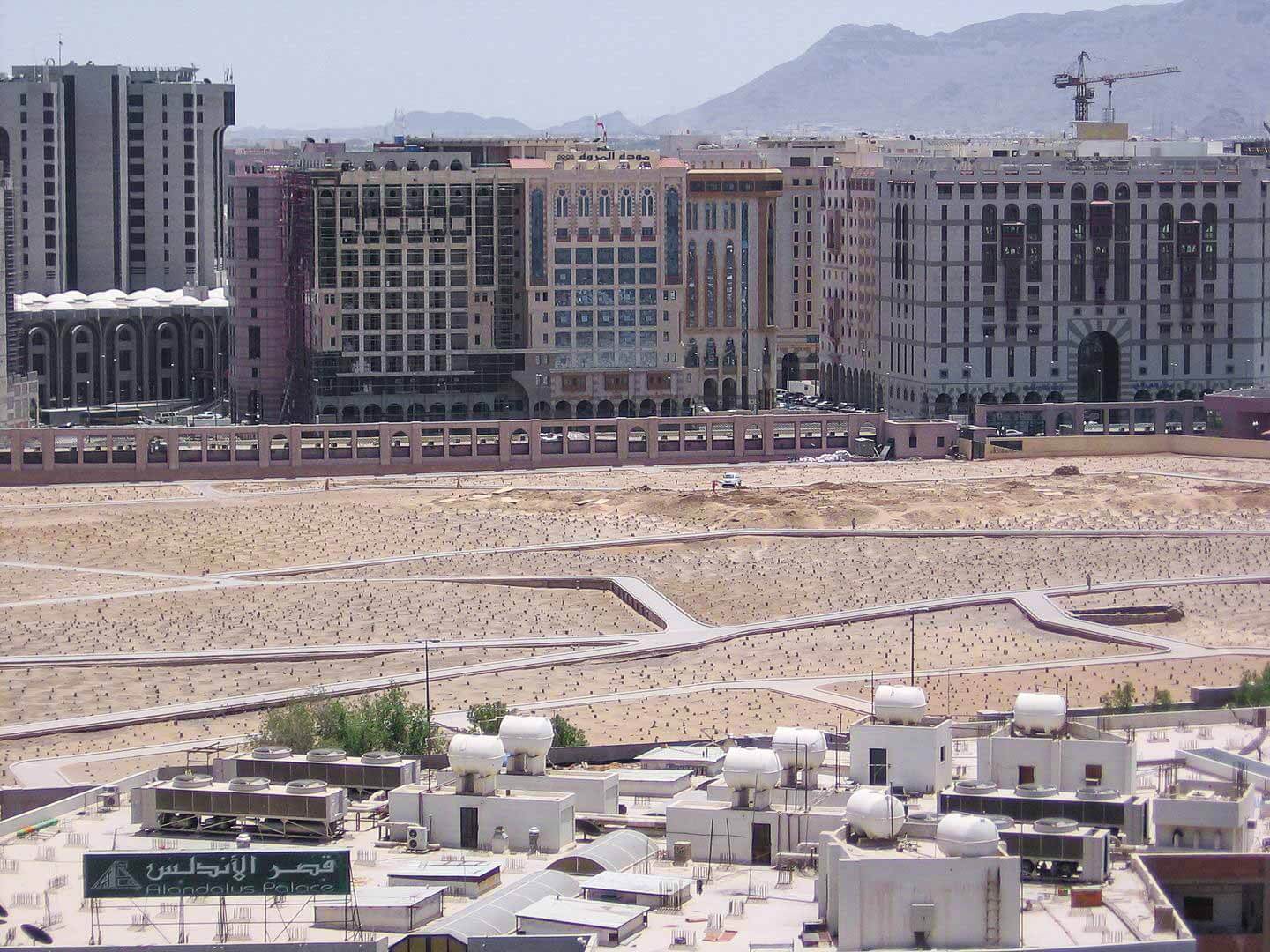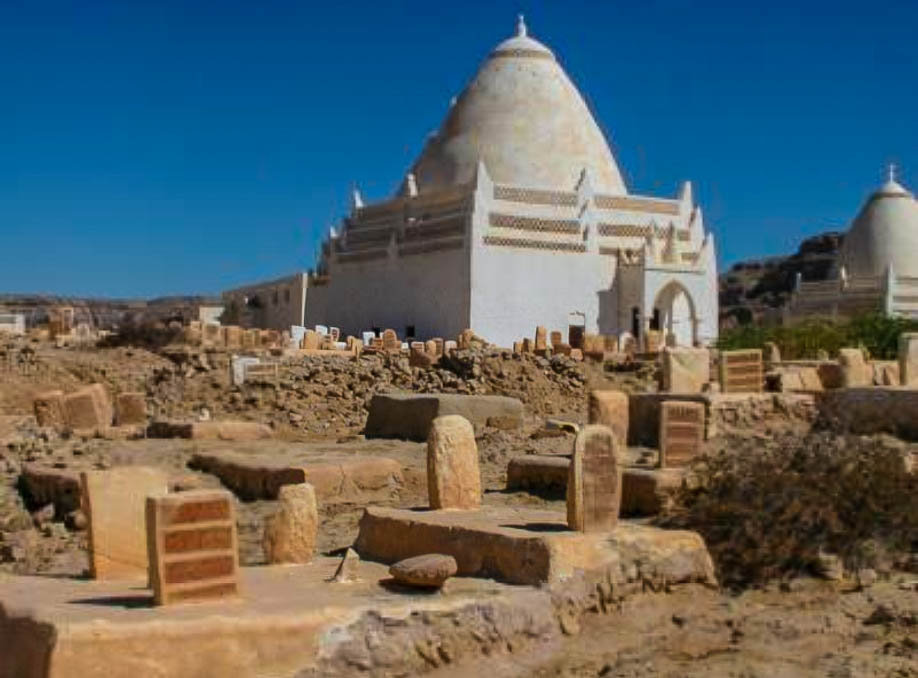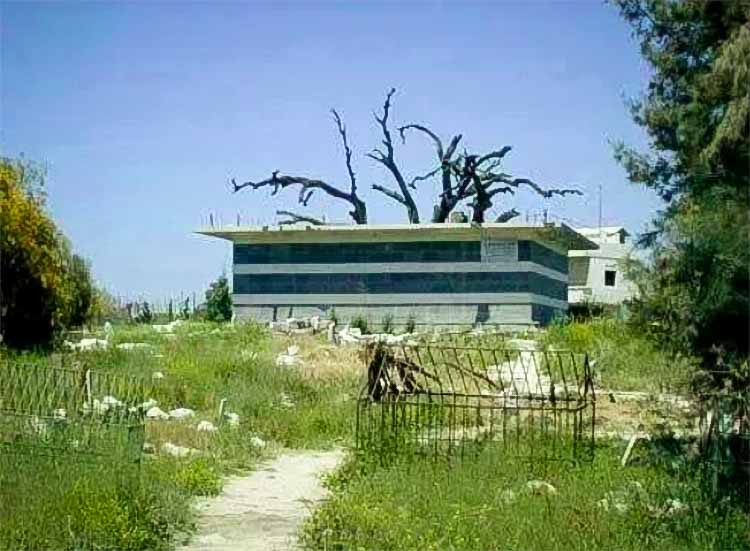Medina Sharif, Saudi Arabia
Coordinates: 28.531482, 77.219407
Imam Malik رحمة الله عليه was an Arab Muslim jurist, theologian, and hadith traditionist. Born in the city of Medinah sharif, Imam Malik رحمة الله عليه rose to become the premier scholar of prophetic traditions in his day, which he sought to apply to “the whole legal life” in order to create a systematic method of Muslim jurisprudence which would only further expand with the passage of time.
Imam Malik’s رحمة الله عليه views in matters of jurisprudence were highly cherished both in his own life and afterwards, and he became the founder of one of the four schools of Sunni law, Imam Malik رحمة الله عليه, which became the normative rite for the Sunni practice of much of North Africa, Andalusia, a vast portion of Egypt, and some parts of Syria, Yemen, Sudan, Iraq, and Khorasan, and the prominent Sufi orders, including the Shadiliyya and the Tijaniyyah.
Perhaps Imam Malik’s رحمة الله عليه most famous accomplishment in the annals of Islamic history is, however, his compilation of the Muwatta, one of the oldest and most revered Sunni hadith collections and one of “the earliest surviving Muslim law-book[s],” in which Imam Malik رحمة الله عليه attempted to “give a survey of law and justice; ritual and practice of religion according to the consensus of Islam in Medina, according to the sunna usual in Medinah sharif; and to create a theoretical standard for matters which were not settled from the point of view of consensus and sunna.
According to classical Sunni tradition, the Hz. Prophet Muhammad ﷺ foretold the birth of Imam Malik رحمة الله عليه, saying: “Very soon will people beat the flanks of camels in search of knowledge and they shall find no one more expert than the knowledgeable scholar of Medinah sharif,” and, in another tradition, “The people … shall set forth from East and West without finding a sage other than the sage of the people in Medinah sharif.”
Golden Chain of Narration
Imam Malik’s رحمة الله عليه chain of narrators was considered the most authentic and called Silsilat al-Dhahab or “The Golden Chain of Narrators” by notable hadith scholars including Muhammad al-Bukhari.
Mention in Hadith
The Prophet Muhammad ﷺ reportedly said in a hadith authenticated by Muhammad ibn `Isa at-Tirmidhi: “Very soon will people beat the flanks of camels in search of knowledge, and they shall find no-one more knowledgeable than the knowledgeable scholar of Madina.”
Faith’s nature
When he was asked about the nature of faith, Imam Malik رحمة الله عليه defined it as “speech and works” (qawlun wa-‘amal), which shows that Imam Malik رحمة الله عليه was averse to the rigorous separation of between faith and works.
Intercession
Imam Malik رحمة الله عليه seems to have been a proponent of intercession in personal supplication. For example, it is related that when the Abbasid caliph al-Mansur asked Imam Malik رحمة الله عليه about whether it was preferable to face the Prophet’s tomb or the qibla whilst doing the personal prayer or dua, Imam Malik رحمة الله عليه responded: “Why should you not face him when he is your means (wasila) to God and that of your father Adam on the Day of Resurrection?”
On Sufism
On the basis of several early traditions, it is evident that Imam Malik رحمة الله عليه held the early Sufis and their practices in high regard. It is related, moreover, that Imam Malik رحمة الله عليه was a strong proponent of combining the “inward science” (‘ilm al-bātin) of mystical knowledge with the “outward science” of jurisprudence.
For example, the famous twelfth-century Imam Malik رحمة الله عليهi jurist and judge Qadi Iyad, later venerated as a saint throughout the Iberian Peninsula, narrated a tradition in which a man asked Imam Malik رحمة الله عليه “about something in the inward science,” to which Imam Malik رحمة الله عليه replied: “Truly none knows the inward science except those who know the outward science! When he knows the outward science and puts it into practice, Allah shall open for him the inward science – and that will not take place except by the opening of his heart and its enlightenment.”
In other similar traditions, it is related that Imam Malik رحمة الله عليه said: “He who practices Sufism (tasawwuf) without learning Sacred Law corrupts his faith (tazandaqa), while he who learns Sacred Law without practicing Sufism corrupts himself (tafassaqa). Only he who combines the two proves true (tahaqqaqa).”
Relics
Imam Malik رحمة الله عليه was a supporter of tabarruk or the “seeking of blessing through [the veneration of] relics.”
This is evident, for example, in the fact that Imam Malik رحمة الله عليه approvingly related the tradition of a certain Ata’ ibn Abi Rabah, whom he saw “enter the [Prophet’s] Mosque, then take hold of the pommel of the Pulpit, after which he faced the qibla [to pray],” thereby supporting the holding of the pommel for its blessings (baraka) by virtue of its having touched the Prophet Muhammad ﷺ. Furthermore, it is also recorded that “when one of the caliphs manifested his intention to replace the wooden pulpit of the Prophet ﷺ with a pulpit of silver and jewels,” Imam Malik رحمة الله عليه exclaimed: “I do not consider it good that people be deprived of the relics of the Messenger of Allah!”
Sunnah of the Prophet
Imam Malik رحمة الله عليه considered following the sunnah of the Prophet ﷺ to be of capital importance for every Muslim. It is reported that he said: “The sunnah is Ark of Hz. Nuh عليه اسلام. Whoever boards it is saved, and whoever remains away from it perishes.”
Death
Imam Malik رحمة الله عليه died at the age of 83 or 84 in Medinah sharif in 795 CE, and is buried in the cemetery of Al-Baqi’, across from the Mosque of the Prophet ﷺ. Although there was a small shrine constructed around his grave during the late medieval period, with many Muslims visiting it to pay their respects, the construction was razed to the ground by the Kingdom of Saudi Arabia during their campaign of demolishing many of the traditional Islamic heritage sites after the kingdom’s establishment in 1932.
Imam Malik رحمة الله عليه’s last words were related by one Isma’il ibn Abi Uways who said, “Imam Malik رحمة الله عليه became sick, so I asked some of our people about what he said at the time of his death. They said, “He recited the testification of faith and then he recited:
Their affair is for Allah, before and after.











